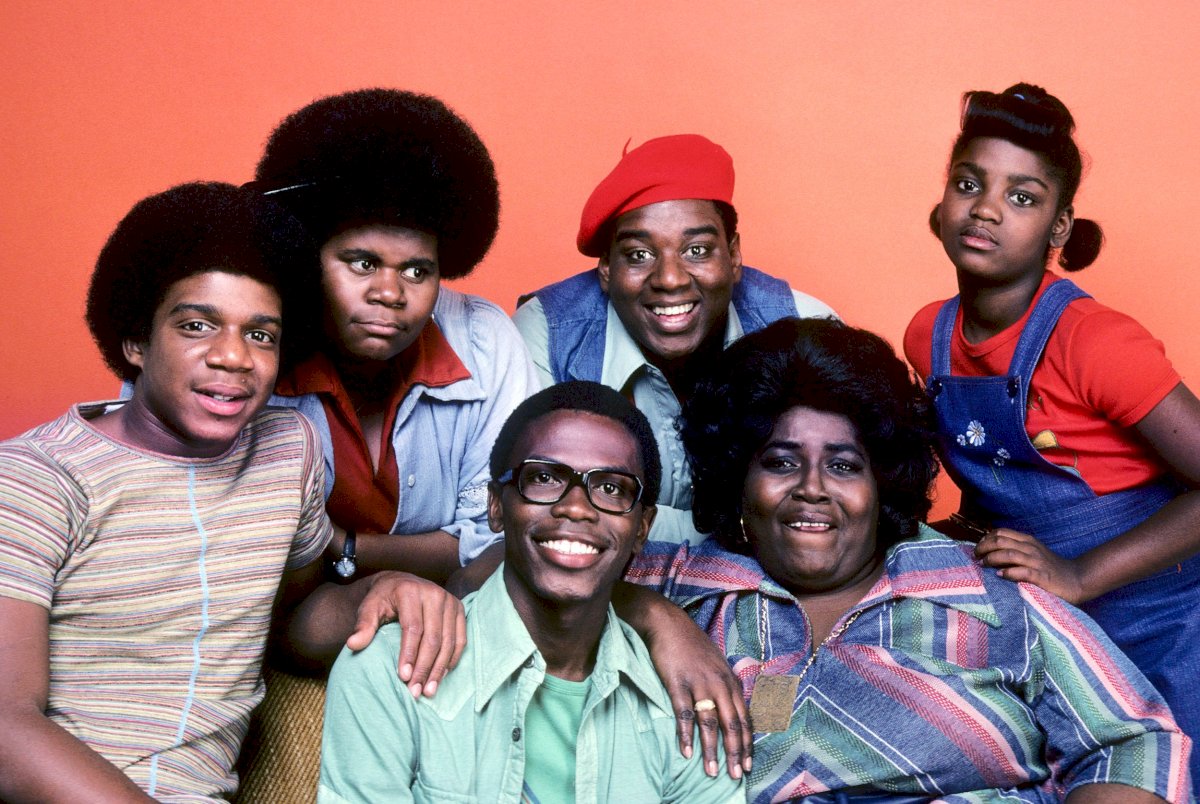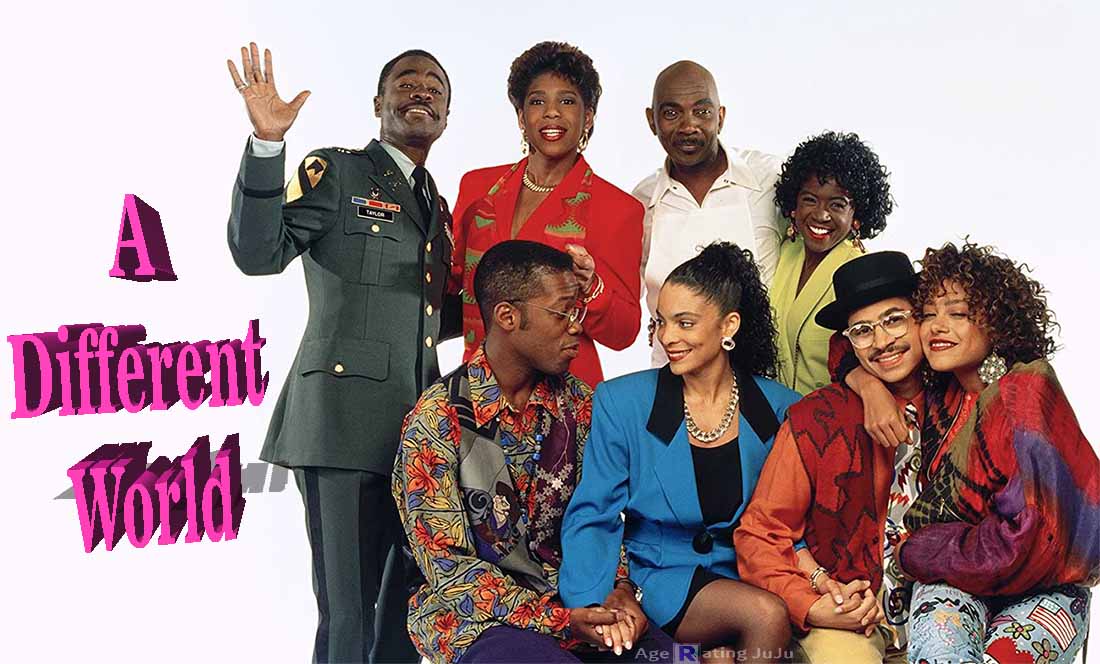In the realm of television, certain shows manage to capture the essence of an era while leaving a lasting imprint on pop culture. "Taxi," which ran from 1978 to 1983, is one such show. Through its quirky characters, sharp humor, and unique premise, "Taxi" provided viewers with a memorable ride through the late '70s and early '80s. In this extensive exploration, we delve into the world of "Taxi," examining its inception, the iconic ensemble cast, the show's cultural impact, and the enduring appeal of this classic sitcom.
(Watch the video below)

The Birth of "Taxi"

"Taxi" emerged from the creative minds of James L. Brooks, Stan Daniels, David Davis, and Ed. Weinberger. Premiering on September 12, 1978, on the ABC network, the show was set against the backdrop of the Sunshine Cab Company, a fictional taxi garage in New York City. This unique setting allowed the series to explore the lives of a diverse group of taxi drivers, each with their own set of quirks, dreams, and challenges.
The show's ensemble cast included Judd Hirsch as the wisecracking but empathetic Alex Rieger, Danny DeVito as the diminutive and acerbic dispatcher Louie De Palma, Marilu Henner as the spirited Elaine Nardo, Tony Danza as the good-natured boxer Tony Banta, Christopher Lloyd as the eccentric Reverend Jim Ignatowski, and Jeff Conaway as the struggling actor Bobby Wheeler. These characters, along with many others, would become the heart and soul of "Taxi."
The Quirky Cast of Characters

One of the standout features of "Taxi" was its rich and diverse cast of characters, each brought to life by talented actors who embraced their roles with enthusiasm. Here's a closer look at some of the show's most iconic characters:
Alex Rieger (Judd Hirsch): As the voice of reason and moral compass of the garage, Alex Rieger was a steady presence amid the chaos. His character showcased Hirsch's remarkable ability to balance humor with heartfelt moments.
Louie De Palma (Danny DeVito): DeVito's portrayal of the tyrannical dispatcher Louie De Palma was a masterclass in comedic villainy. Louie's constant torment of the drivers provided some of the show's most memorable moments.
Elaine Nardo (Marilu Henner): Elaine was not just a receptionist; she was the beating heart of the garage. Henner's performance added depth to the character, making her the emotional center of the show.
Reverend Jim Ignatowski (Christopher Lloyd): Jim's character underwent a transformation from a burned-out hippie to a genuinely lovable figure. Lloyd's comedic timing and physicality brought Jim's antics to life.
Tony Banta (Tony Danza): Tony's pursuit of a career in boxing provided a unique backdrop for his character's development. Danza's charm and charisma made Tony a beloved member of the ensemble.

Bobby Wheeler (Jeff Conaway): Bobby's journey from struggling actor to seasoned cab driver was both endearing and relatable. Conaway's performance added depth to the character's aspirations and insecurities.
Latka Gravas (Andy Kaufman): Andy Kaufman's portrayal of Latka, a foreign mechanic with a unique personality disorder, added an element of unpredictability to the show. His ability to switch between multiple personas showcased his comedic genius.

Together, this ensemble cast formed a close-knit family of misfits, each contributing their own quirks and idiosyncrasies to the vibrant tapestry of "Taxi."
The Taxi Garage as a Microcosm

At its core, "Taxi" was a character-driven show that explored the lives, dreams, and struggles of working-class individuals in a bustling metropolis. The Sunshine Cab Company, where much of the action took place, served as a microcosm of society. It was a place where people from different backgrounds came together, sharing their stories, aspirations, and challenges.
The garage served as a backdrop for the characters' personal and professional journeys. It was in this confined space that they formed friendships, confronted their demons, and pursued their dreams. The conflicts and camaraderie that unfolded within the garage mirrored the complexities of life itself.
The Cultural Impact of "Taxi"
"Taxi" resonated with viewers for its ability to blend humor with poignant moments. The show's exploration of relatable themes, such as pursuing one's dreams, overcoming adversity, and forging meaningful connections, struck a chord with audiences of all ages.
The series received critical acclaim and won numerous awards during its run, including multiple Emmy Awards. It was a testament to the exceptional writing, acting, and direction that elevated "Taxi" beyond a mere sitcom. It was a show that made viewers laugh, cry, and reflect on the human condition.

Moreover, "Taxi" showcased the potential of the sitcom format to tackle serious issues with nuance and sensitivity. The characters' struggles with addiction, mental health, and the pursuit of happiness were portrayed with authenticity and empathy, challenging the perception that sitcoms were solely vehicles for light-hearted humor.
The Legacy of "Taxi"

Although "Taxi" concluded its run in 1983, its legacy endures. The show has found new generations of fans through syndication and streaming services. Its influence can be seen in subsequent television series that have adopted its character-driven storytelling and multi-dimensional characters.
The actors who brought the characters of "Taxi" to life continued to have successful careers in film, television, and theater. Judd Hirsch, Danny DeVito, and Christopher Lloyd, in particular, went on to achieve remarkable success in their respective careers.

Additionally, the show's impact on popular culture can be seen in references and homages in various forms of media. "Taxi" remains a touchstone for discussions on the evolution of television comedy and the enduring appeal of well-crafted characters.
Conclusion: Hailing the Timeless Appeal of "Taxi"

"Taxi" was more than a sitcom; it was a slice of life that resonated with audiences on a profound level. Its ability to blend humor with heart, along with its memorable characters and relatable themes, cemented its status as a classic of television history.
As we reflect on the years between 1978 and 1983, when "Taxi" graced our screens, we're reminded that some shows are not bound by the limitations of their time. They transcend eras and continue to remind us of the shared experiences and human connections that define our lives. "Taxi" will forever be one of those shows, inviting us to take a nostalgic ride through the streets of New York City, where laughter, camaraderie, and the pursuit of dreams awaited us at the Sunshine Cab Company.



